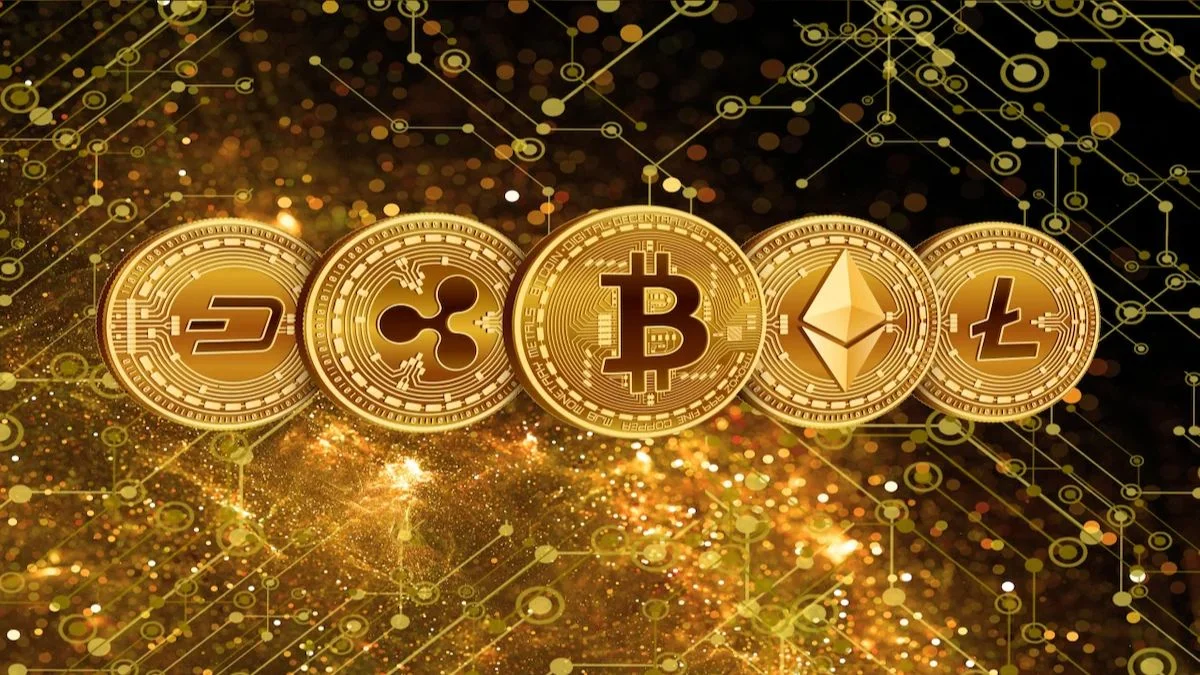As cryptocurrency trading gains momentum in India, many traders are concerned about whether their bank accounts could be frozen due to crypto-related activity. This concern stems from reports and anecdotes suggesting that some users have faced banking restrictions after engaging in digital asset transactions. This article explores the reasons why bank accounts may be frozen, how to avoid it, and the legal position in India.
Is crypto trading legal in India?
Crypto trading is legal in India but not regulated. The Supreme Court of India, in 2020, overturned the Reserve Bank of India’s (RBI) circular that had earlier discouraged banks from facilitating crypto-related transactions. This means Indian citizens are free to buy, sell, and hold cryptocurrencies. However, since there’s no specific legislation to govern crypto, banks are often cautious, especially when there are suspicious patterns of transactions.
Why do banks freeze accounts involved in crypto trading?
Despite the legality of crypto trading, Indian banks sometimes freeze customer accounts due to the following reasons:
-
Suspicious transaction activity
Banks closely monitor unusual or high-volume financial activity. Multiple rapid deposits or withdrawals, especially from unknown sources, can trigger suspicion and lead to temporary freezes. -
AML (Anti-Money Laundering) and KYC issues
Crypto is often linked to anonymity. Banks may flag transactions they suspect to be part of money laundering or fraud. If you’re receiving or sending funds to international entities without proper documentation, your account may be under scrutiny. -
P2P crypto trades
Peer-to-peer (P2P) trading involves sending money directly from one person to another, often bypassing exchanges. If you’re constantly transferring money to strangers or receiving funds from unverified accounts, your bank may consider this risky behavior. -
Salary or payments in crypto
In cases where individuals receive compensation or freelance income in crypto and later convert it to INR through exchanges, banks may flag such activity, especially if it lacks invoices or legal contracts.
Precautionary measures for Indian crypto traders
To avoid unnecessary complications with your bank:
-
Use regulated exchanges: Stick to well-known Indian exchanges that comply with KYC and tax laws.
-
Avoid shady or high-risk P2P transactions: Only trade with verified users and maintain communication records.
-
Keep transaction proofs: Maintain screenshots, receipts, and details of every transaction.
-
Pay taxes on time: Declare your crypto gains and file taxes accordingly. The current rule imposes 30% tax on profits from crypto trades and 1% TDS on transactions over specific thresholds.
-
Separate trading and salary accounts: If you are a regular trader, it may be wise to have a separate account to avoid confusion and better manage your records.
What to do if your bank account is frozen
If your account is frozen due to crypto-related activity:
-
Contact your bank immediately and ask for clarification.
-
Provide documentation related to your crypto transactions (exchange slips, PAN card, invoices).
-
Approach a legal expert if the issue persists or if law enforcement is involved.
-
Comply with all legal instructions from cyber cells or financial intelligence units, if applicable.
Trading in cryptocurrency is legal in India, but due to regulatory uncertainty, banks maintain strict oversight to ensure AML and compliance norms. While your account won’t be blocked just for trading crypto, patterns of suspicious activity or non-compliance with laws can lead to temporary freezes. Being transparent, organized, and legally compliant is key to avoiding such disruptions.
Disclaimer: This article is for informational purposes only and does not constitute legal or financial advice. Readers are advised to consult with qualified professionals for advice specific to their situation.


